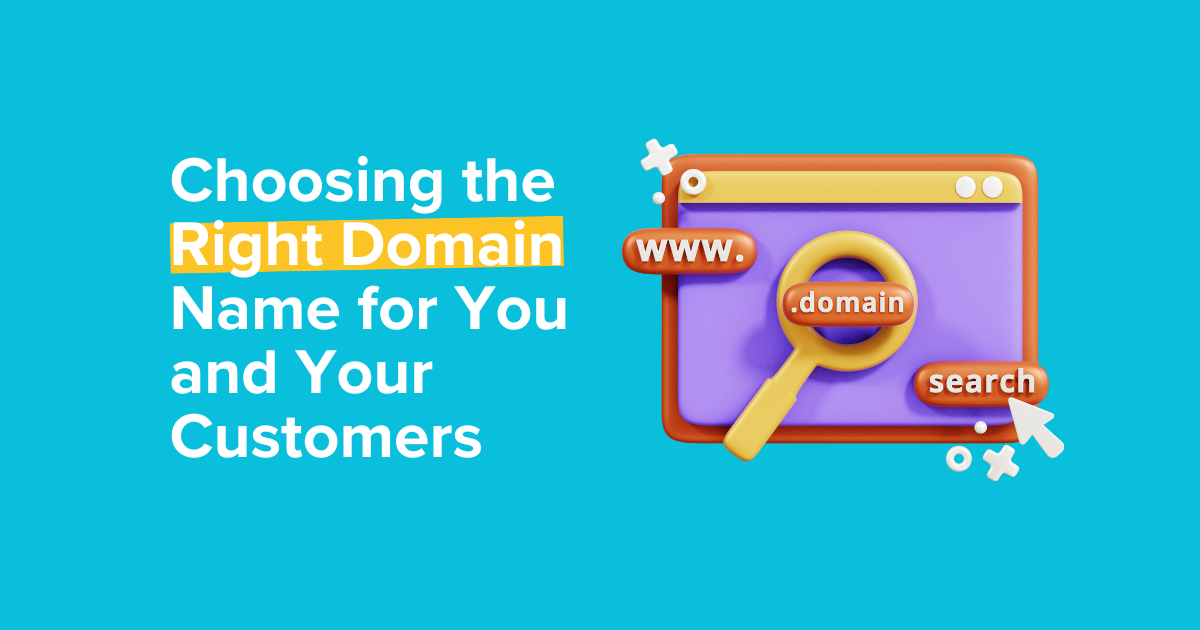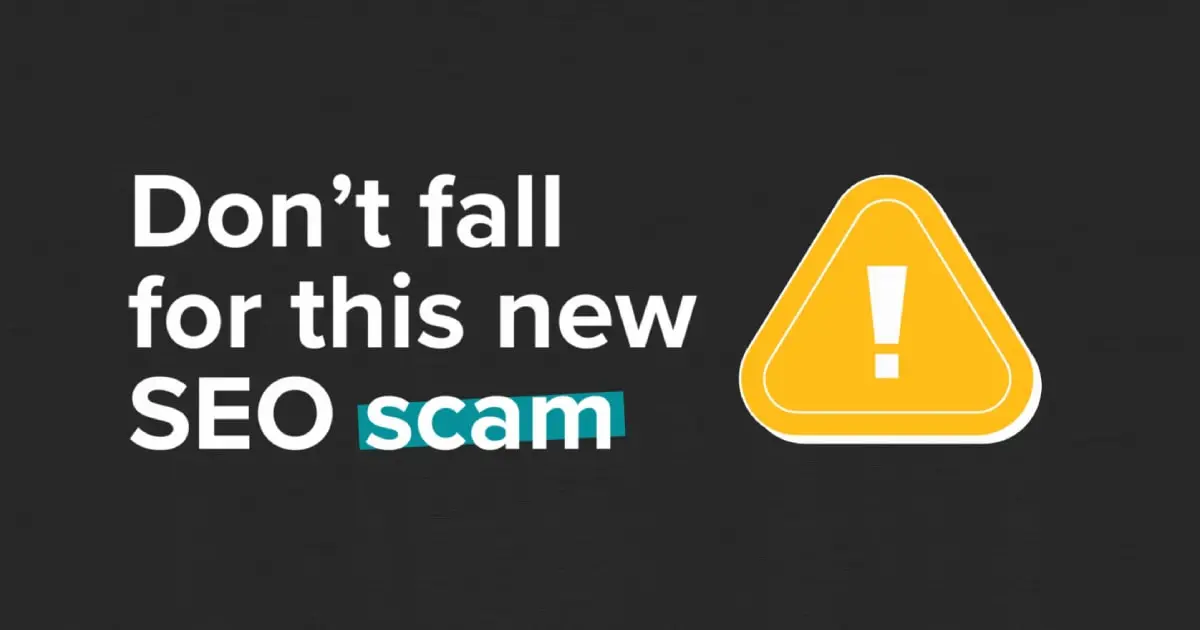


Have you got a domain name regret? Feeling overwhelmed by choice? Or just not sure what you’re doing or where to start?
As simple as it sounds, selecting a domain is actually a challenging task and one that should be given due thought and consideration. A domain name is more than just a digital address, it’s part of how you express the identity of your business and build its brand. Should it be the exact name of your business? How should it be formatted? Should it include keywords for SEO? What if people don’t spell it right?
Selecting a domain name is right up there with registering the name of your business — like your business name it will be published on all of your marketing material. While they are relatively cheap and easy to register, you really need to get it right the first time.
Mel Gibbons
2 August, 2021

Firstly, before you embark on selecting your domain name, it is important to remember that you are registering the domain, not purchasing it. Don’t be lulled into a false sense of ownership when it comes to registering your domain — you will need to undertake renewals and may want to consider purchasing other variations future proof your domain and avoid competitors registering something similar.
To help you determine the domain name that will work best for you and your customers, we’ve put together our top seven things to keep in mind.
There’s a lot to be said for keeping things simple — domain names included. If you have a brand, why not register it as your domain? This makes it easier for your customers and clients to find you online. Regardless of whether you choose to register your brand or business name as your domain, make sure it is easy to remember, spell and type. It’s advisable to avoid slang, steer clear of complex spellings and meanings and ideally keep it under 15 characters — this will make it easier for people to find you.
People make typos all of the time — we’re often in a rush so it’s going to be expected. However, you should take measures that will minimise the possibility of a typo or misspelling of your domain name — avoiding hyphens and numbers is just one way. For example, replacing ‘for’ with ‘4’ can create confusion and require extra steps to type it if using a mobile device as the user will need to switch between the alphabet and numeric keyboards. Combining numbers among words can also be cause for confusion as can abbreviations (eg tea4two.com.au) and double letters (besttea4two.com.au). The only exception should be if your brand name includes a number.
Domains that include keywords can be a powerful weapon as they quickly suggest that the website not only has what a user wants but they specialise in it too. This connection means that your website will likely be better at attracting qualified leads who carry a far greater potential to convert to a sale. For example, if you had a craving for a pizza, do you think you’d have a better chance at satisfying the craving at ‘Polly’s Pizza’ or ‘Vito’s Bar e Cucina’?
What qualities do you want your website to be associated with? Is being the cheapest important? Are you positioning yourself as an expert in your field? Or are fast, friendly or trustworthy the main appeal for your clientele? Similarly, do you want your domain name to associate with a place such as a shop, showroom, office, café or purely online only?
Depending on your preferred domain name, you may want to consider registering variants and redirecting them to your URL. This might be useful where users are likely to make predetermined mistakes when typing your URL, such as plurals where it should be singular. You may also wish to get on the front foot in anticipation that a competitor may register a domain name in the future and snap it up first.
Dot com URLs have become the standard go-to — or so many people think. In Australia, you can choose to register for the .au version which Australian audiences are accustomed to. You may choose to register them both to future-proof your domain name particularly if your business plan looks to international expansion or audiences.
As we said earlier, domain names are for rent. Just as your rental home has been lived in before, so too may have your domain. This may often not be cause for concern but in the case, it has been registered previously, for example, as a spammer domain, you should make sure it isn’t carrying any penalties. If Google has penalised the domain name in the past you may find it hard to remove the legacy penalty and rank for anything meaningful. While domains generally come cheap, it’s still buyer-beware — don’t risk all your hard work by not running a simple check into the history of your domain.
If your creative juices have dried up or you’re feeling stuck, run some ideas or keywords through a domain name generator for some inspiration. You might be pleasantly surprised!
We get it — choosing a domain name is actually a big decision. It represents the future of your business and is the first place people will go to find out more about you, your products and the services you offer. You can’t afford to make silly mistakes because they can be hard to undo. If you’re at a crossroads, get in touch with our SEO experts who can help provide some data-driven advice and even throw some suggestions your way!
Join hundreds of businesses boosting their knowledge with our monthly insights.
Contact us for an online marketing solution to build your brand and grow revenue.
Contact Us 1300 055 000
1300 055 000

